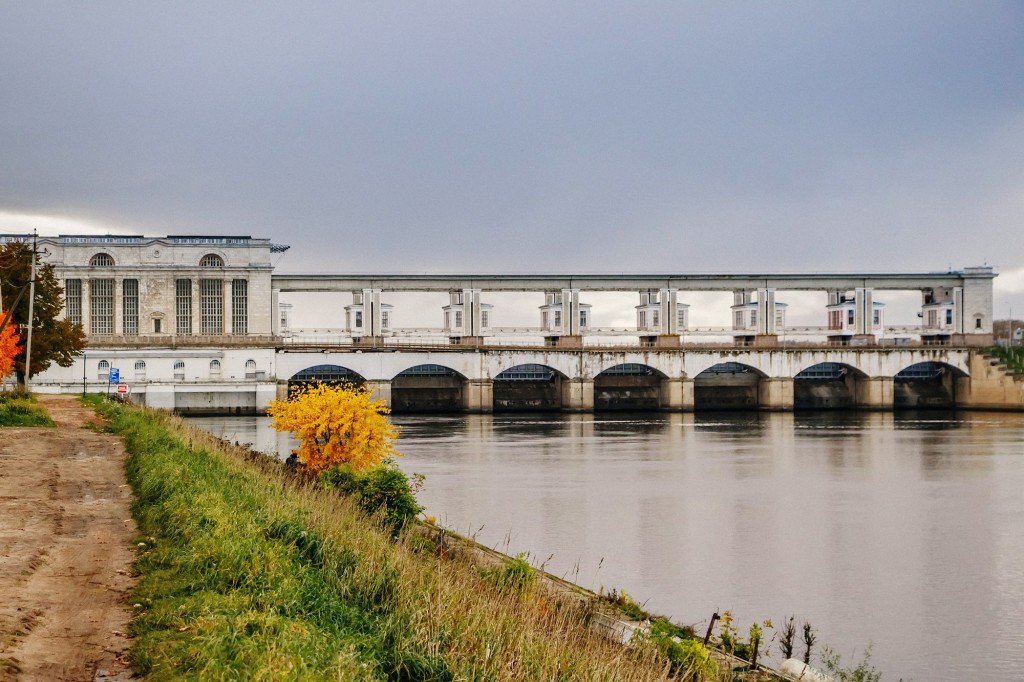
The environment is an intricate and delicate system that sustains life on Earth. It provides us with clean air, water, and food, and supports a diverse range of ecosystems. However, human activities have had a profound impact on the environment, leading to various environmental issues such as climate change, deforestation, pollution, and loss of biodiversity. It is crucial for us to understand these impacts and consider the long-term consequences of our actions to ensure a sustainable future.
One of the most pressing environmental issues today is climate change. The burning of fossil fuels for energy production has led to an increase in greenhouse gas emissions, trapping heat in the atmosphere and causing global temperatures to rise. This has resulted in more frequent extreme weather events like hurricanes, droughts, and heatwaves. The melting of polar ice caps due to rising temperatures also contributes to rising sea levels, threatening coastal communities worldwide.
Deforestation is another significant environmental concern. Forests play a vital role in regulating the Earth’s climate by absorbing carbon dioxide from the atmosphere through photosynthesis. However, large-scale deforestation for agricultural purposes or logging releases vast amounts of stored carbon into the atmosphere while reducing the planet’s capacity to absorb it. Deforestation also leads to habitat loss for countless species and disrupts entire ecosystems.
Pollution is yet another environmental impact that cannot be ignored. Industrial activities release harmful chemicals into the air and waterways, contaminating both natural resources and human health. Air pollution caused by vehicle emissions or industrial smokestacks contributes to respiratory diseases like asthma while water pollution from chemical runoff affects aquatic life and can render water sources unsafe for consumption.
Loss of biodiversity is also a critical consideration when discussing environmental impacts. Human activities such as habitat destruction or overexploitation have led to a rapid decline in species diversity across the globe. This loss not only disrupts ecosystems but also threatens our own existence as we depend on the services provided by diverse ecosystems, such as pollination and soil fertility.
Considering these environmental impacts, it is crucial to adopt sustainable practices that minimize harm to the environment. One of the most effective ways to combat climate change is through transitioning to renewable energy sources like solar or wind power. This reduces greenhouse gas emissions and promotes a cleaner and more sustainable future. Additionally, reforestation efforts can help restore lost habitats and sequester carbon from the atmosphere.
To address pollution, stricter regulations on industrial emissions and waste management are necessary. Encouraging individuals to adopt eco-friendly practices such as recycling, reducing single-use plastics, and using public transportation can also make a significant difference in reducing pollution levels.
Preserving biodiversity requires protecting natural habitats and implementing conservation measures. Establishing protected areas where wildlife can thrive without human interference is essential for maintaining healthy ecosystems. Furthermore, promoting sustainable fishing practices and responsible consumption of resources can help prevent overexploitation of species.
Environmental impacts resulting from human activities have far-reaching consequences for both nature and society. Climate change, deforestation, pollution, and loss of biodiversity are pressing issues that require immediate attention. By understanding these impacts and considering the long-term consequences of our actions, we can work towards a more sustainable future. Transitioning to renewable energy sources, adopting eco-friendly practices, implementing stricter regulations on pollution control, preserving natural habitats, and promoting responsible resource consumption are all crucial steps towards mitigating environmental damage. It is our responsibility to act now for the sake of future generations who deserve a healthy planet with abundant resources.
